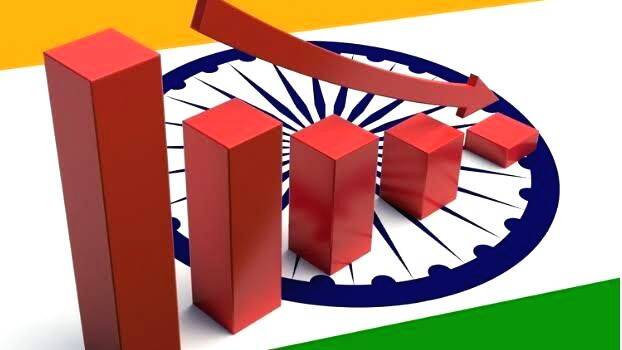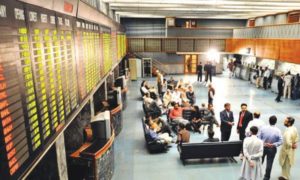The battered Indian rupee will weaken further against the dollar over the coming year as a significant pickup in economic growth is unlikely, according to a Reuters poll of strategists who said the coronavirus outbreak was a downside risk.
While Reserve Bank of India Governor Shaktikanta Das has said reviving growth was a ‘national objective’ in coordination with the government, the latest budget provided only minimal support to the slowing economy.
That comes as a deadly coronavirus epidemic that is spreading globally has spooked investors and sent them rushing for cover into safe-haven assets and shunning emerging markets.
A wider Reuters poll showed fear will keep the U.S. dollar, which has dominated for around two years, on top well into 2020 as well as the yen and Swiss franc – all three viewed as de facto safe-haven currencies.
In response to a separate question in the wider poll, nearly 90% of analysts said emerging markets currencies were most at risk of a significant weakening over the next three months.
“We have to recognize that if the global economy is going to slow, especially with what is happening in China, it is very difficult for the other currencies to show very substantial appreciation mainly in the case of the rupee,” said Leong Sook Mei, ASEAN and India head of global markets research at MUFG – the most accurate forecaster in Reuters polls for Asian currencies in 2019.
The Indian currency has lost around 1% in the past 15 days and the Feb. 3-5 poll of over 50 strategists predicted the rupee would have slipped a touch over 1% against the dollar to 72.00 in a year. It was trading around 71.20 on Wednesday.
Analysis showed the standard deviation of forecasts, a commonly used gauge of dispersion, for the 12-month outlook was the lowest in over two years, suggesting most strategists thought the currency would depreciate further.
The central bank was expected to keep rates on hold at its meeting later on Thursday due to rising inflation concerns, despite economic growth at its weakest in 26 quarters in the three months to September and forecast to be the slowest since the financial crisis in the current fiscal year.





